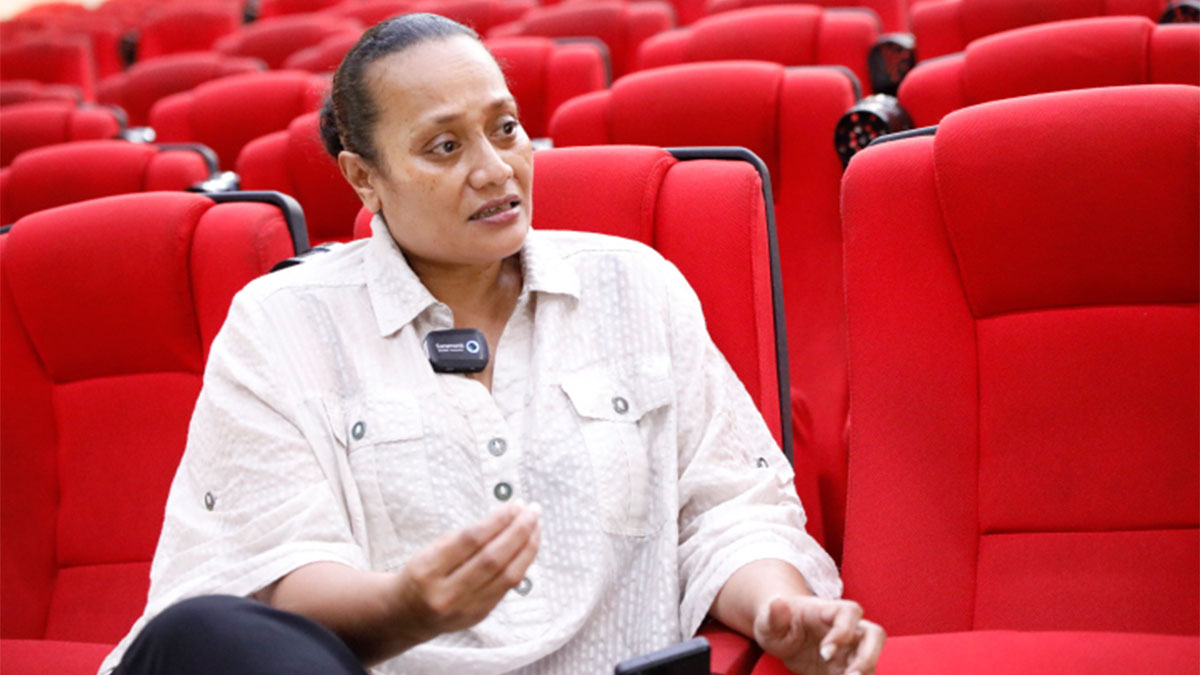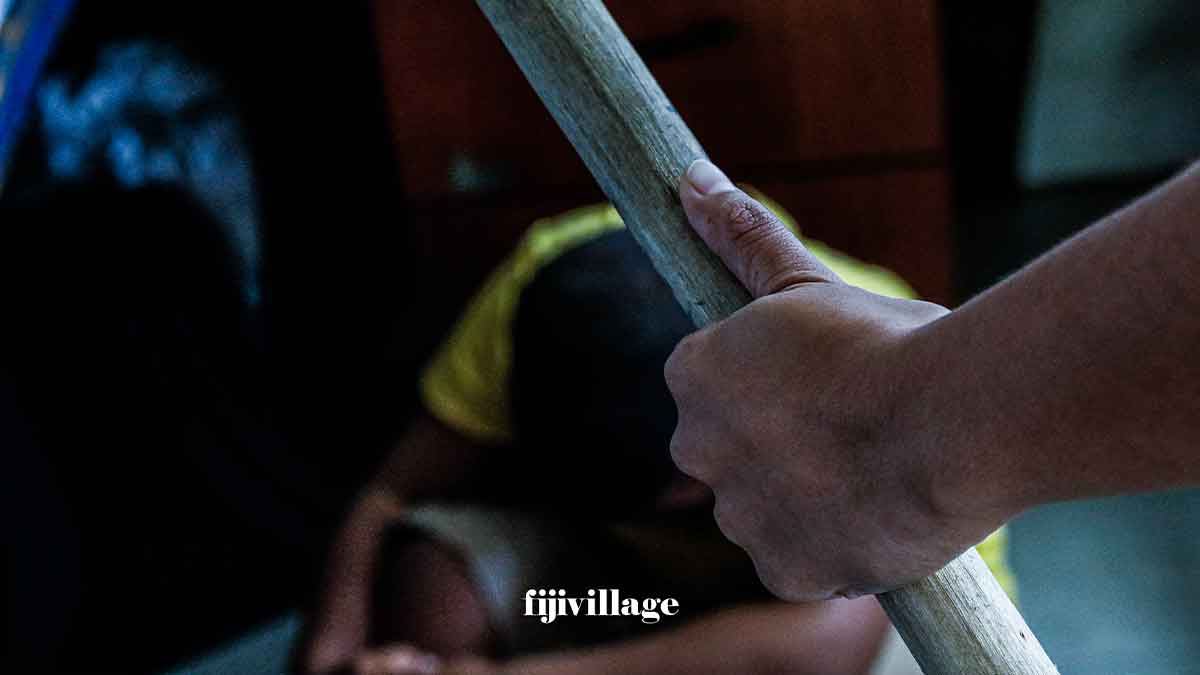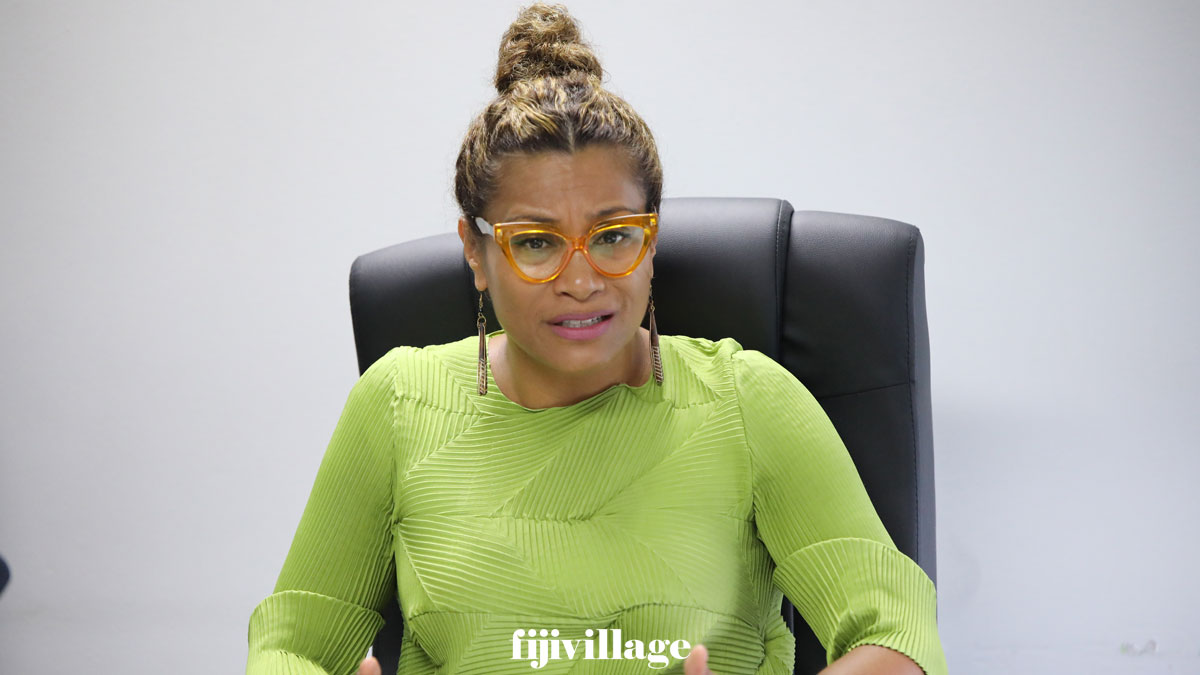
Final preparations are underway for Butakoci Production which is a theatrical musical that addresses the critical issue of human trafficking in Fiji, and for the country to break the culture of silence that is being practiced for years.
Renowned local artist, Talei Draunibaka who is leading the production says by combining music, dance, and storytelling, Butakoci Production aims to raise awareness about human trafficking, both historically and in contemporary contexts.
Draunibaka says the production seeks to educate and engage audiences, encouraging them to reflect on and take action against this serious issue.
She highlights it is a really dark situation when it comes to human trafficking in Fiji where most of the cases are being committed by the people who know the children being trafficked.
The musical component features original compositions by Talei Draunibaka, with Katheleen Waqa, and Savuto Vakadewavosa’s input.
Viveka Nand co-wrote and composed the melody of the Hindi song.
Phil Dakei, the Butakoci Team Recording Engineer, integrated all suggestions to create the final songs that will be presented at the show.
Draunibaka says Butakoci uses the power of the arts—music, dance, and drama—to engage audiences emotionally and intellectually.
She says by presenting compelling narratives, it seeks to highlight the human aspect of trafficking, encouraging viewers to reflect on the issue and consider their role in addressing and preventing human trafficking in their communities.
She says human trafficking has a long history in Fiji, dating back over 150 years to the era of indentured labour and blackbirding, when many were forcibly brought to Fiji and exploited for labour.
Butakoci Production is led by with support from The Asia Foundation and funding from USAID.
Butakoci Production will premiere at 6pm tonight at the Suva Civic Centre, and people can register for the free shows on Thursday and Friday at the same venue.

Government ministers, officials, the diplomatic community, civil society and faith-based organizations, media, development partners, and Pacific RISE-CTIP regional staff will attend the premiere tonight.

Some Fijian children are at risk of sex and labour trafficking as families follow a traditional practice of sending them to live with relatives or families in larger cities, where they may be exploited in domestic servitude or sex trafficking in exchange for food, clothing, shelter, or school fees.
The US State Department 2024 Trafficking in Persons Report has stated that foreign yacht owners and foreigners hiring locally owned yachts dock in rural Fijian islands and seek young women, usually children, for marriage; some of these women and children subsequently become exploited in forced labour or sex trafficking.
It has been highlighted that taxi drivers or other facilitators transport Fijian child sex trafficking victims to hotels in popular tourist areas or to private yachts at the request of foreign tourists seeking commercial sex acts.
The US State Department report says Fijian children are at risk of forced labour in agriculture, retail, or other sectors.
It says rising levels of poverty also contributed to increased risks of Fijian children being exploited in commercial sex and forced labour.
It highlights that the economic crisis related to the pandemic, as well as recent natural disasters, increased the number of children who were driven to use the streets as a source of livelihood or compelled to seek incomes to sustain their families; these children are at risk of being exploited in sex trafficking or forced labour.
The US report says children as young as 12 were exploited in sex trafficking, sometimes by family members to purchase food and other essentials for their families.
It says media reports indicate an increase in online child sexual exploitation, some of which may involve child sex trafficking.
We have sent questions to Prime Minister Sitiveni Rabuka, Deputy Prime Minister Professor and Minister for Finance Professor Biman Prasad, Home Affairs Minister Pio Tikoduadua and Acting Commissioner of Police Juki Fong Chew.

The US State Department’s 2024 Trafficking in Persons Report for Fiji has stated that Fiji has been downgraded to Tier 2 Watch List as the Government of Fiji does not fully meet the minimum standards for the elimination of trafficking but is making significant efforts to do so.
It says these efforts included initiating development of victim identification Standard Operating Procedures, convicting two child sex traffickers in one case, conducting research to assess the scope of the country’s trafficking problem, conducting awareness raising activities, and providing training to labour inspectors.
However, the US State Department states the Fiji government did not demonstrate overall increasing efforts compared with the previous reporting period.
It has highlighted that the government identified and assisted fewer trafficking victims.
The report says for the second consecutive year, the government did not identify any sex trafficking victims or initiate any sex trafficking investigations.
The government also did not implement or allocate resources towards its National Action Plan.
We have sent questions to Prime Minister Sitiveni Rabuka, Deputy Prime Minister and Minister for Finance, Professor Biman Prasad, Home Affairs Minister Pio Tikoduadua and Acting Commissioner of Police Juki Fong Chew.
Stay tuned for the latest news on our radio stations


